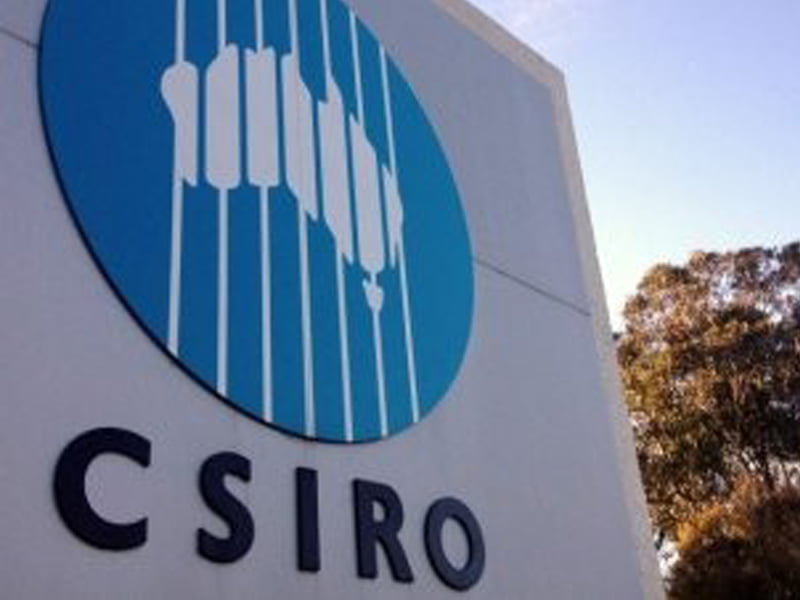Australia needs to be more accepting of changes in strategies and willing to let go of “sacred cow” research areas, following news Data61 will be cutting up to 70 jobs due to a refocusing, according to a former NICTA board member.
Last month CSIRO confirmed that up to 70 jobs will be lost at its digital arm Data61 due to a change in research priorities, with a new focus primarily on artificial intelligence. Data61’s workforce is expected to return to its current level in two years.
The announcement was met with shock and disappointment, especially around the dropping of the world-renowned seL4 microkernel team Trustworthy Systems.

CSIRO boss Dr Larry Marshall last week explained the decision, saying it was largely due to the organisation not believing the Trustworthy Systems team could be spun out as a viable company in Australia.
But seL4 chip developer Dr Gernot Heiser has hit back at these claims, labelling them “disingenuous”.
The federal Opposition has also hit out at the Data61 cuts and change in focus, saying it is a “dead end strategy”.
But Powerhouse Ventures chair Russell Yardley, a board member at NICTA before it was merged with CSIRO and transformed into Data61, said that with limited resources, Australia’s research agencies can’t cover all bases and tough decisions need to be made.
“I don’t think we give enough respect to talented boards and leadership teams when they’re making really hard choices. Anyone who has run a decent organisation knows that the more advantage that a new strategy gives you, the more competitive advantage there is, the greater the cost of unwinding it,” Mr Yardley told InnovationAus.
“We have to make important choices and it really is beholden on leaders to articulate and communicate why those changes are important.”
It’s important to not be too tied to specific areas of research, Mr Yardley said.
“People get seduced by virtue signalling. They want to show that they’re part of the next big thing. That can be very misleading,” he said.
“I see a lot of investment fads where someone has ticked all the boxes but looking deeper there’s nothing special about that investment at all. People get sucked in by people who tick all the boxes.”
“It’s a cheap shot and very easy to criticise things that have great support. That’s where the complexity that was considered by the board just cannot be shared. But something has got to change.”
The decision to shed jobs in certain research areas at Data61 has led to criticism of the funding and resourcing provided to CSIRO.
Shadow industry minister Ed Husic said Australia shouldn’t have to drop one research priority for a new one.
“The government needs to support a diverse range of innovation projects. Pulling money out of one to feed another is a dead-end strategy,” Mr Husic told InnovationAus.
“The irony of this is that the CSIRO say their focus is now on AI, but have admitted it’s going to take them two years to assemble an AI team. Australia lost much of its AI talent because they weren’t supported in years past. This is history repeating itself – have we not learned from past mistakes?”
Last week Dr Marshall said CSIRO did not believe that the seL4 research could be turned into a commercial company in Australia.
“The challenge with that technology is it is very mature and it’s open-source, so it’s difficult to see an opportunity to build industry or to drive a national benefit there,” Dr Marshall told a Senate Estimates hearing.
“Given our priorities are artificial intelligence, we chose to pursue that and focus our attention where we can drive better national benefit.”
But Dr Heiser, who helped develop the seL4 microkernel, said this argument “doesn’t stack up”.
“I think while technically true, this argument about commercialisation is also fairly disingenuous. We are really helping to develop the local cybersecurity ecosystem,” Dr Heiser told InnovationAus.
“And I think the economic impact we’ve already had is significant and the potential going forward is massive, and anyone who actually looks at this space realises that. If you want to be successful, you pick your stars with a track record of success and invest in them rather than cutting them out.”
The post Data61 cuts put spotlight on national research priorities appeared first on InnovationAus.
This post was originally published on InnovationAus.